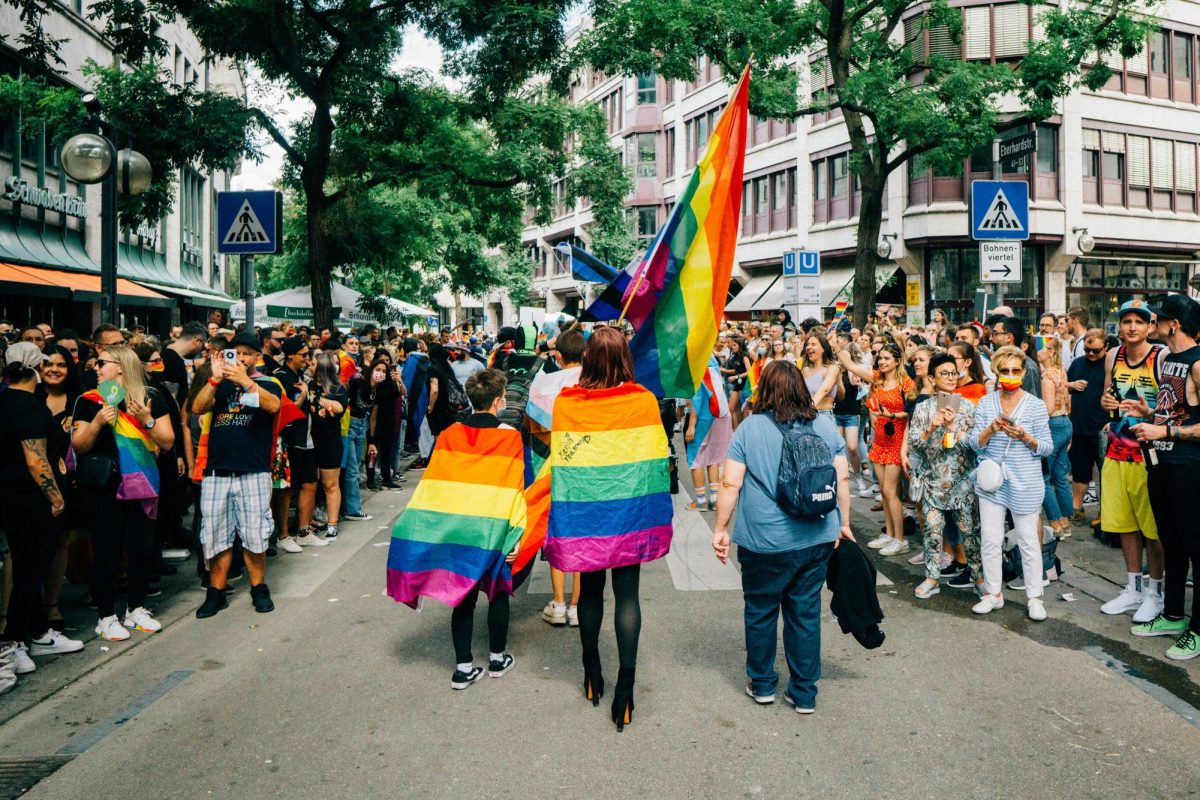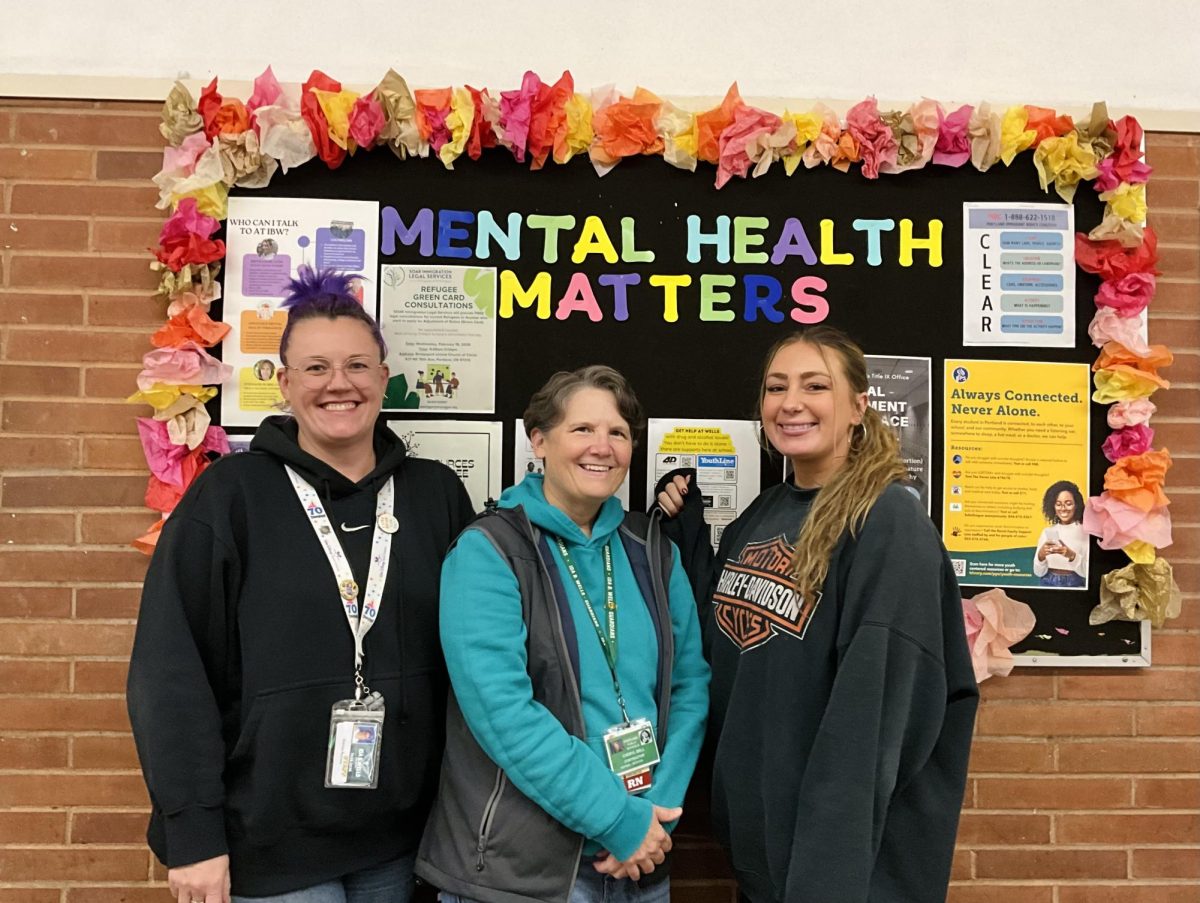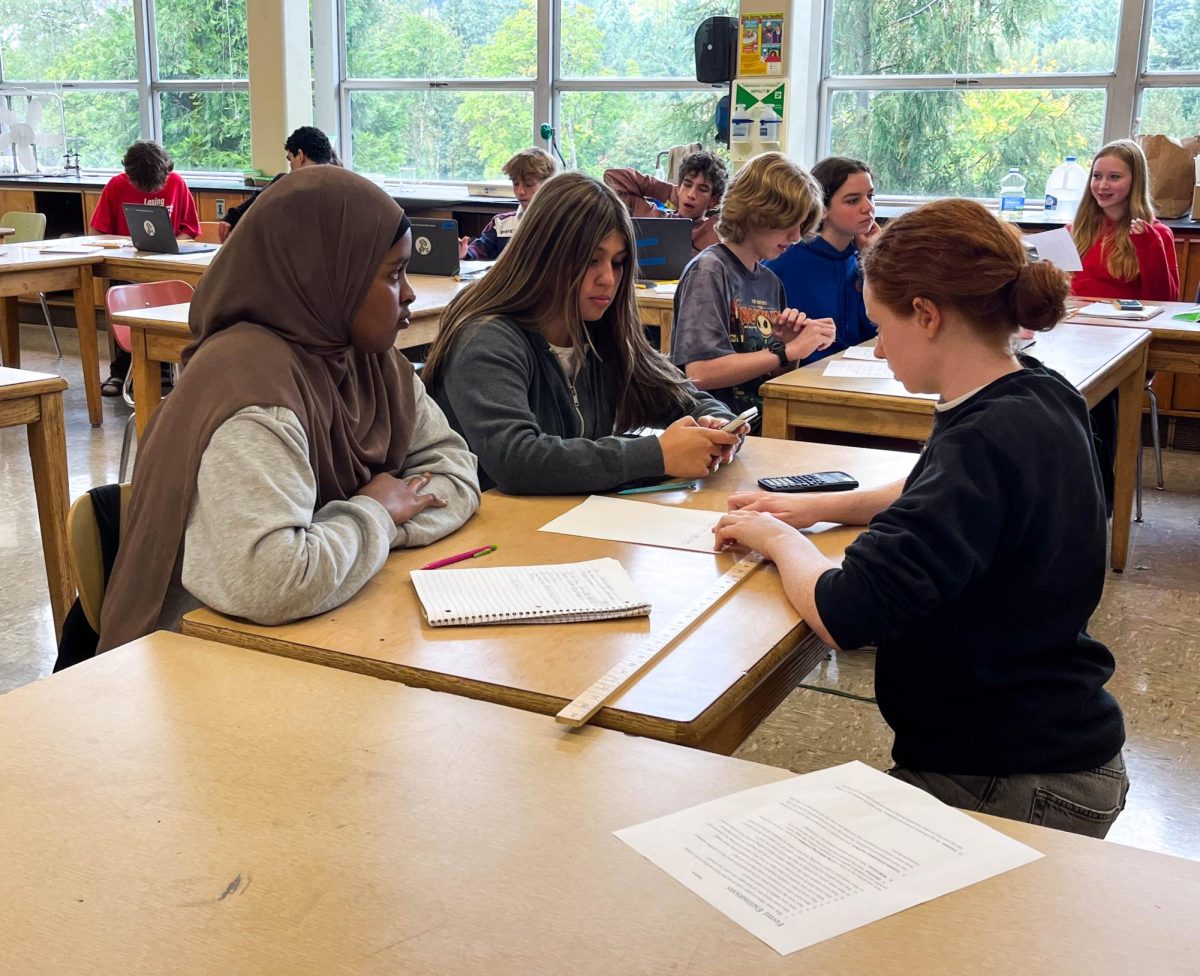Since 1988, Oct. 11 has been recognized as National Coming Out Day, celebrating the journey of self-discovery, and honoring the courage it takes to embrace one’s sexual identity or gender orientation and share it with others.
In 1988, Jean O’Leary and Dr. Robert Eichberg chose the date of Oct. 11 because it fell on the first anniversary of the National March on Washington for Lesbian and Gay Rights. It started as an American Awareness Day continuing to gain popularity, and in 1993, the organization partnered with the Human Rights Campaign. Together, in 1996, they founded the National Coming Out Project, dedicating it to providing resources and information to those seeking to understand their journey or others.
With the current political climate and the upcoming election, it’s important to understand that the fight for equality is not over.
Since 1987, the United States has taken huge strides in this ongoing human rights journey. In 1976, transgender citizens first became legally recognized, and on June 26, 2015, gay marriage was legalized in the United States. Members of the LGBTQ+ community are allowed to vote and serve in the military.
However, there are still roadblocks and obstacles that the LGBTQ+ community faces. Coming out is a unique situation for each individual. It is still a challenge for some, as there is still a genuine fear of unacceptance, discrimination and judgment that can come along with publicly expressing one’s identity. The Center for American Progress (CAP) found that, in 2022, “More than 1 in 3 LGBTQ Americans faced discrimination of some kind…including more than 3 in 5 transgender Americans.”
This discrimination ranges from physical abuse to public humiliation and shaming, or even making targeted “jokes” and innuendos.
In many places in the United States and the world, people see it as necessary to hide themselves or “stay in the closet.” We still see LGBTQ+ people met with abuse, hate and disgust for simply living as themselves. Countless people in this community are still a long way from being able to safely share their identity.
CAP conducted another survey in 2022, asking members of the LGBTQ+ community about incidents of discrimination. They discovered that, in the younger generations, schools were the most common place where discrimination was reported. Experiencing discrimination, especially at a young age, takes an incredible toll on the mental well-being of LGBTQ+ Americans. CAP’s findings show that, despite the progress America has made, it still isn’t enough to dissolve the prejudice, aversion and discrimination towards members of the LGBTQ+ community.
Celebrating National Coming Out Day is a special way to raise awareness and visibility for the LGBTQ+ community. The day recognizes the hardships that people in this community have endured for generations and commemorates the bravery they’ve held for so many years.
It also acknowledges the challenges an individual may face with coming out and reminds people that, no matter where they are in their journey; they aren’t alone. Talking about or watching someone come out can be a sign of reassurance and solidarity to someone, or even encouragement. Regardless, celebrating the LGBTQ+ community and bringing awareness to the challenges they face should not be limited to this day or a month. Being a good listener is a simple action you can take to contribute to the fight for equality.









